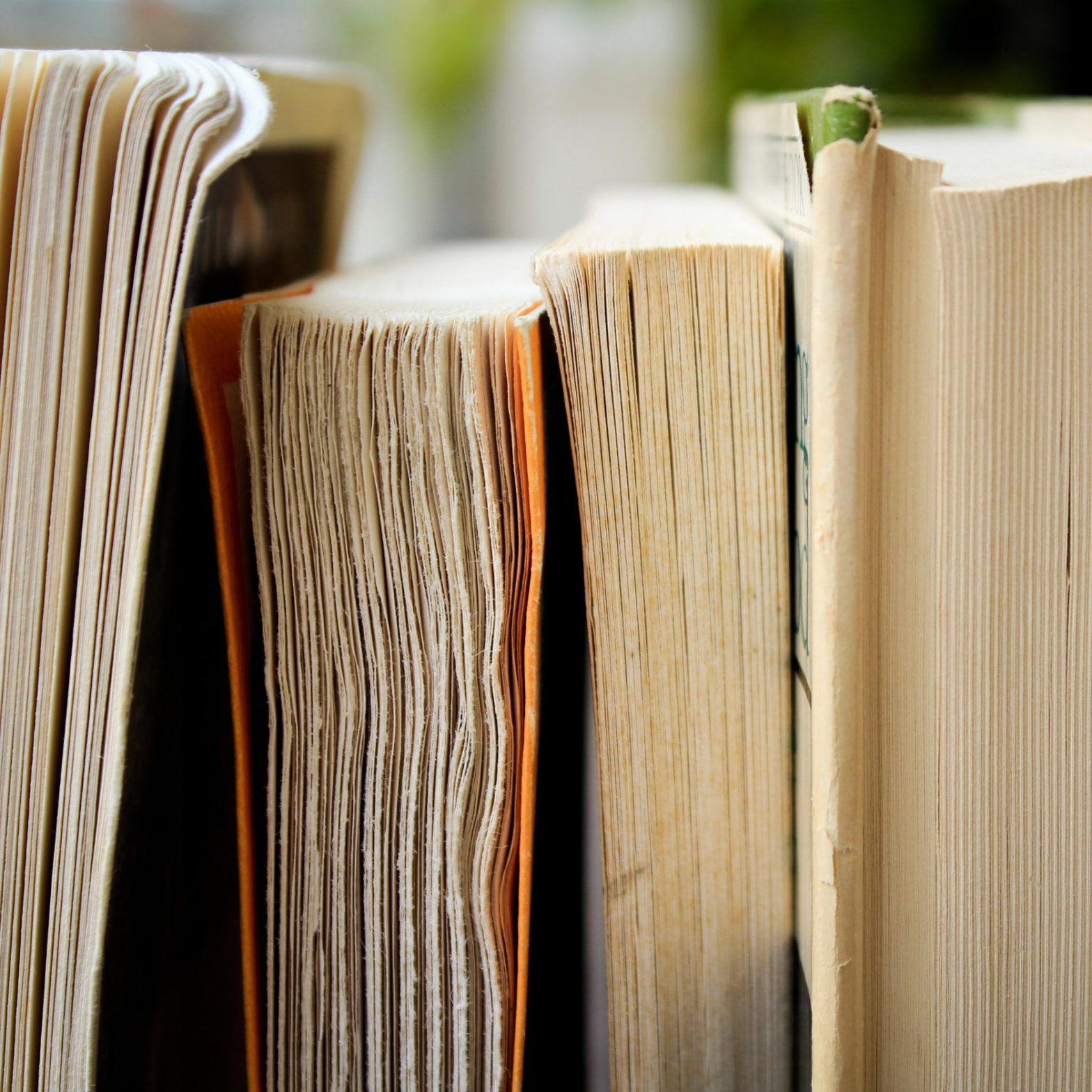Contributor: Ian Dawson
I favour reading fiction, with occasional biographies, usually about writers or composers.
I enjoy detective stories, but during my working life gave these up mainly for more serious fare as I had less time to read. My preference was for the country house style of story, Michael Innes being a favourite, enjoying his slightly tongue in cheek approach to the genre. Since retirement, detectives have returned to the menu.
For many years I’ve read fairly randomly; nearing the end of a novel I’d decide what was the logical successor and then illogically read something entirely different.
I’m a sucker for an ‘ology and find I have to read them back to back as the memory goes. I’m not very good at remembering the names of characters (or people) anyway.
I’m interested in other cultures and so read a lot in translation. For about the last five years I’ve been following a ‘Daunt Books’ themed system whereby I concentrate on books from or about a specific country/region.
So far I’ve covered India, America, Spanish/Portuguese speaking countries, Scotland, France, Germany/Austria, the Middle East, England (of course) and am now on my second French period.
This has included twelve Maigrets read in two batches of six. I’m going through the Penguin set but have got less than halfway through them. I like to read novels in date of publication, wanting to see how characters develop and not wanting to miss out on references to previous books, but this is irrelevant with Simenon as he seems to jump about through time. Maigret has already retired twice up to now and I expect more retirements to come.
I love Maigret. He’s such a great character, makes me laugh, and the writing is so spare, meaning that the books are quite short. Simenon’s other novels are also very good, although fewer are in translation, and this time I’ve also read Pedigree a semi-autobiographical novel about his early life in Liege from his birth in 1903 to Armistice Day. Significantly his younger brother, who died, and was his mother’s favourite, is not in there. Having read the book I want to go to Liege, the topography is so specific, but doubt I will. I was prompted to buy the standard Simenon biography (as yet unread) where the 500 pages of Simenon’s life in Pedigree are summarised in ten.
I don’t usually read historical novels but have read/started two novel sequences. Unfortunately I get what little historical knowledge I have from novels.
The first is by Maurice Druon, The Accursed Kings (Les Rois Maudits) and is about the fate of a series of 13th century French Kings, damned by the Grand Master of the Templars as he died at the stake, during a purge. I first saw it as a marvellous French b&w TV series back in the 1960s in the early days of BBC2 and it’s since been done again with Depardieu as the GM (alas not available with subtitles). The latest publication has an intro by George R R Martin who describes it as the original Game of Thrones. Disturbingly fans are said to include Putin and Sarkozy! I’ve now read all seven volumes.
The second, which I’ve only just started, is by Robert Merle, The Fortunes of France and is about the Huguenots. Only four have been translated so far and there are thirteen in the sequence so I don’t think I’ll ever get to the end. Too early to make a judgement, but I will continue.
An author I was introduced to as a teenager was Marcel Aymé. He’s more than slightly surreal and his novels include The Green Mare, a tale of rural licentiousness and Beau Image, which is about a man whose face changes to a more handsome version, and the consequences. I’ve got two book series of guides to literature in translation, the Babel Guides and the Travellers Literary Companions and neither mention Aymé, which I presume is due to the non-availability of translations at the time of their publication. Anyway he’s sufficiently well thought of in France to have a Parisian square named for him, including a fun sculpture based upon one of his stories, The Man who walked through Walls.
I’ve also read two more detectives, the first in Fred Vargas’s two sequences, The Three Evangelists and The Chalk Circle Man. Quirky and well worth further exploration. A friend tells me that a lot of her novels are written in slang. Unfortunately they’ve not been translated in sequence. I had a minor quibble. In both books ‘tooth comb’ was used as a verb by the Scottish translator who is an academic. Possibly it is now recognised as a verb, but I doubt it as a noun. A thought – perhaps the use of a tooth comb explains the Scottish pronunciation of their Rs. Does it numb the tongue?
Most disappointing was Patrick Modiano’s Occupation Trilogy. These are three short early novels about French collaboration in WW2 Paris. A great subject but I wasn’t impressed. Perhaps later novels are better and more worthy of the Nobel prize.
Finally two sets of French short stories from Oxford World Classics and Folio, some duplicated with some very obscure authors. Most interesting was one by Balzac which refers to Sterne’s Uncle Toby. Intriguing to see how Eng Lit penetrated to France.
What next among my many unread books? The Claudine novels of Colette, a third biography of same, Dumas, Les Liaisons Dangereuses, lives of Poulenc and Ravel, a graphic novel version of Proust? I think it will be Little by Edward Carey, supposedly based upon the life of Madame Tussaud.
And where next? Does it seem odd to think of England, possibly Dickens, after a year in lockdown?
